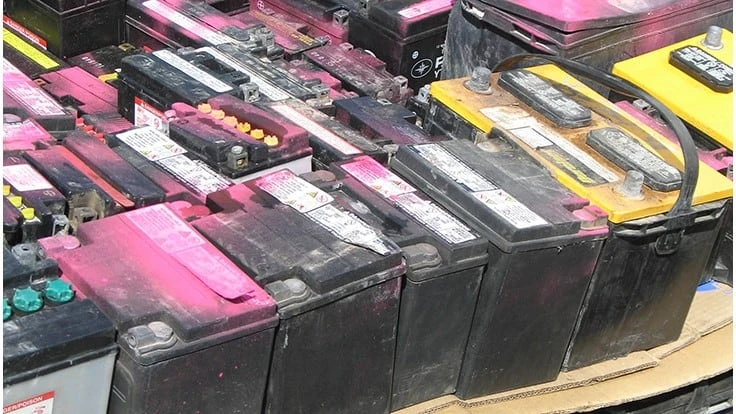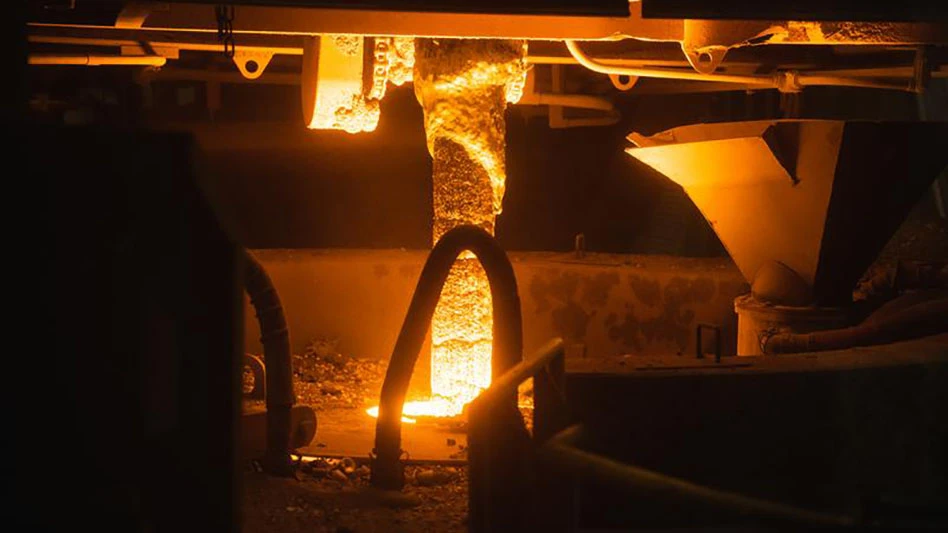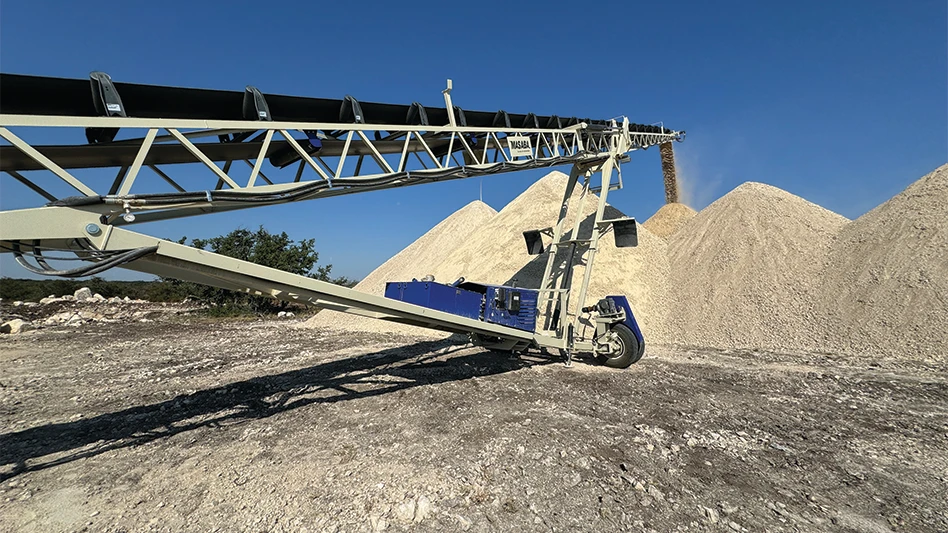
Photo by Brian Taylor.
The global success story of vehicle lead-acid battery recycling is likely to become apparent if COVID-19-related shutdowns restrict the collection of scrap batteries.
In China, where COVID-19 struck first and caused the first widespread consumer economy shutdowns, the lead sector is reporting a lack of supply because of the missing collection link in the recycling chain.
An April 3 report from Reuters indicates that lead inventories monitored by the Shanghai Futures Exchange (SHFE) fell throughout late February and all of March “as buyers sought stocks in exchange warehouses due to a lack of recycled metal in China.”
Secondary smelters in China cut output because of a lack of input material—spent lead-acid vehicle batteries—during China’s lockdown put in place to contain the spread of COVID-19.
A similar pattern could emerge in North America and Europe, where economic activity has been severely curtailed in late March and early April as governments enact restrictions. With cars largely parked and undergoing very little servicing, the number of scrapped batteries is likely to plummet in April on both continents.
According to the Chicago-based Battery Council International, lead-acid batteries enjoy nearly a 100 percent recycling rate in the United States, and recycled-content lead comprises some 80 percent of the metal used in the production of new lead-acid batteries in the U.S.
Thus, any severe drop in battery collection will need to be quickly matched with a drop in demand, or a similar supply gap will manifest itself in the U.S.
In China, an April MySteel survey of 50 recycled-content lead producers there showed their output began rebounding in March and is expected to increase by another 70,000 metric tons in April.
Latest from Recycling Today
- ILA, USMX negotiations break down
- Van Dyk hires plastics industry vet to expand footprint in PRF sector
- Li-Cycle closes $475M loan with DOE
- Report highlights consumer knowledge gaps in lithium battery recycling
- AMP names CEO
- Cascades’ containerboard business drives Q3 results
- MRF Operations Forum 2024: Ensuring plants age gracefully
- Oregon DEQ rejects CAA’s second draft plan





